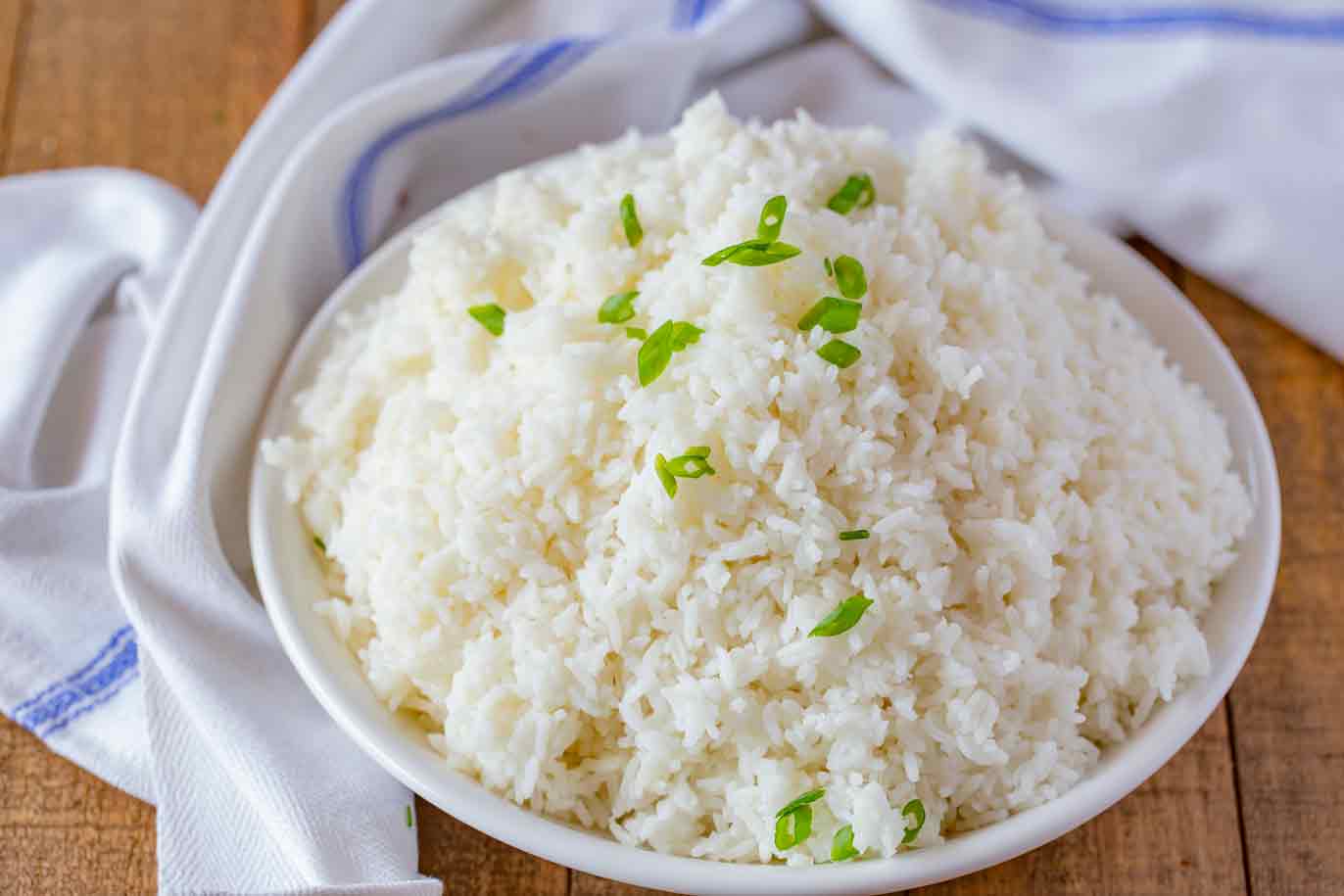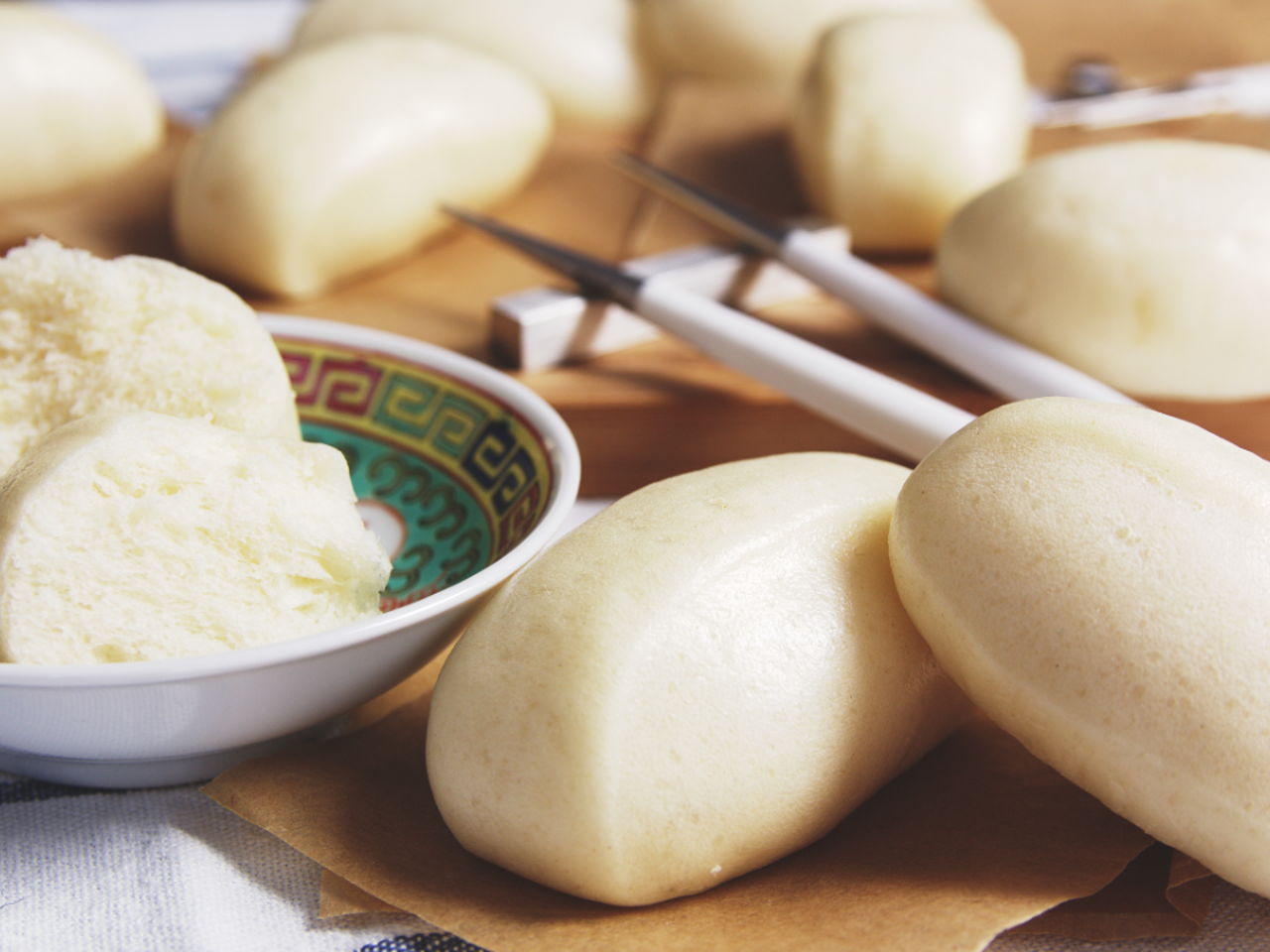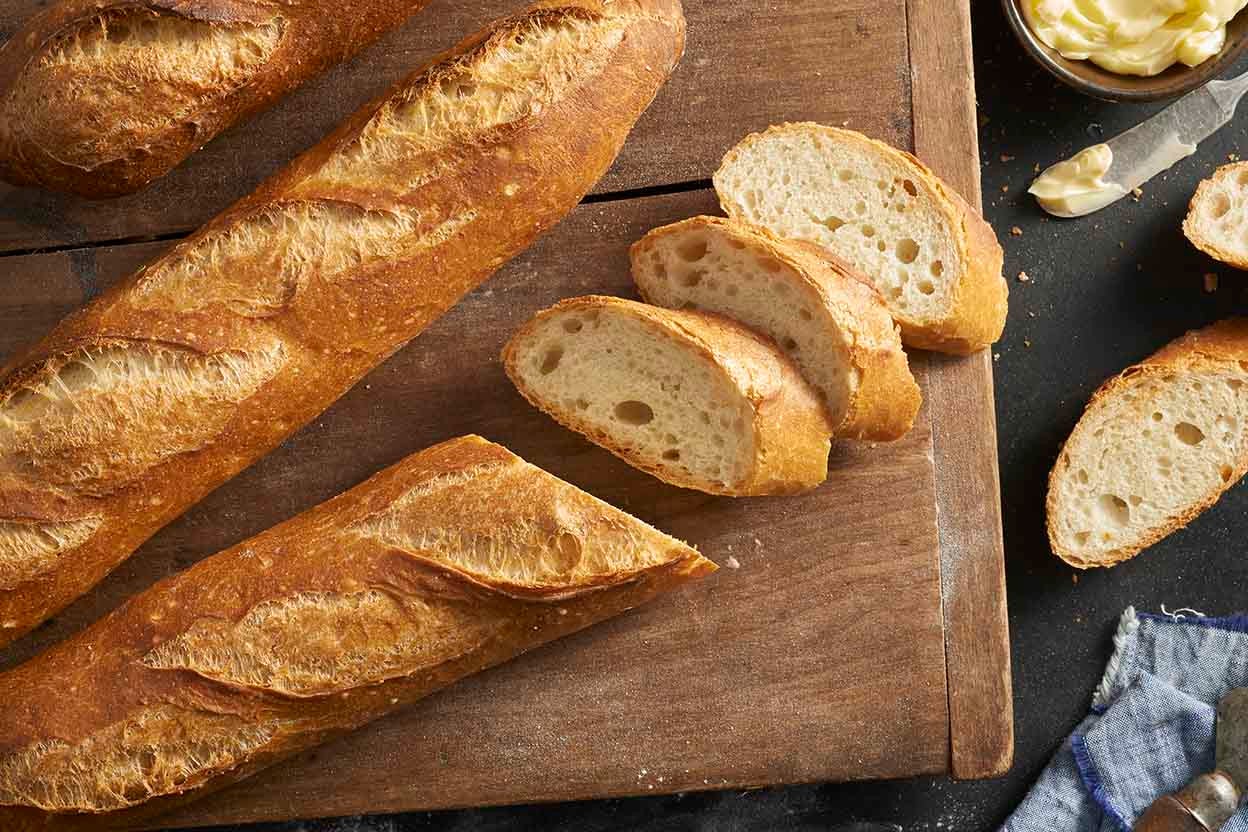Carbohydrate-Foods
Carbohydrates are your body's main source of energy: They help fuel your brain, kidneys, heart muscles, and central nervous system. That is to say, without carbohydrates, your body will not be able to function - like a car without fuel.
White Rice Recipe

Difficulty: Beginner
Time: 30 minutes
White rice is simple to make and delicious to eat, whether it is eaten plain or seasoned. Not only that, but it is also a very good source of carbohydrates.
Ingredients
White Rice
Water
Instructions
First Step: Pour the water into the steamer.
Second Step: Place a glass container with the white rice inside the steamer as well
Third Step: Start the steamer!
Mantou Recipe

Difficulty: Medium
Time: 1-2 hours
Mantou, also known as Chinese Steamed Buns, are usually made up of white wheat flour, but other ingredients, such as seasonings, may be added to the dough for flavoring. As a popular staple, it is a common food in many Chinese households.
Ingredients
250g all-purpose/plain flour
1 teaspoon dried active yeast
3/4 teaspoon baking powder
Sugar
130ml lukewarm water
Instructions
First Step: Mix the flour, yeast and baking powder
Second Step: Add the water in gradually
Third Step: Combine then knead into a very smooth and medium-firm dough
French Baguette Recipe

Difficulty: Easy
Time: 1-2 hours
The word baguette comes from the Latin word for "stick," most likely because it looks like a stick. The way it is made makes the crust crisp, while the insides are both tender and airy.
Ingredients
Water
Yeast
Flour
Salt
Instructions
First Step: Dissolve the yeast in warm water
Second Step: Combine the flour and salt. Create a little well in the center, and add in the yeast. Stir it around, taking flour from the outside edge and bringing it into the well, a little at a time.
Third Step: Add in a bit of cool water. Keep stirring, and adding water as needed, until a shaggy dough forms. Now just cover it loosely, and let it rest.
Fourth Step: Fold it a few times, as there is no need for much kneading
Fifth Step: Place the dough into a greased bowl and cover it tightly. Allow it to rise in a warm place until doubled in size.
Sixth Step: Divide the dough into 4 equal portions, and shape into long logs (about 15 inches long) with pointed ends. Nestle the loaves in to a floured kitchen towel, cover with oiled plastic wrap, and allow to rise a second time.
Seventh Step: While the baguettes are rising, fill a baking pan with water and place it in the bottom of your oven. Preheat the oven and allow it to fill with steam from the water. This is the KEY to a crusty baguette.
Eighth Step: Once the loaves have finished their second rise, remove the plastic wrap and sprinkle them with a little flour. Then quickly slash them with a lame, razor blade, or sharp knife. This is decorative, but it also allows the crust to crack and the bread to expand in a more controlled way.
Ninth Step: Place them in the oven and let them bake until deeply golden brown. They should feel light and dry on the outside, and when you tap them they should give a hollow sound.
Tip: If you overcook it, and the baguette becomes burnt, no need to worry! You can use it as a weapon of self defense - one should not underestimate the lethality of a rock-hard stick of bread
Forever-Foodies: Version 1.2
